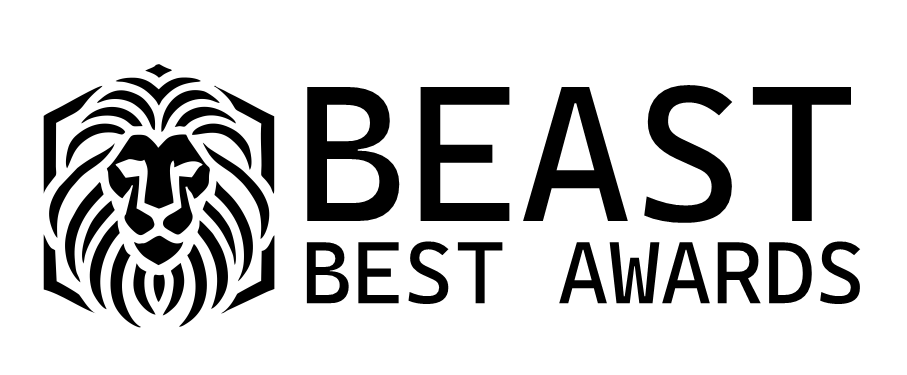In an era where transparency and accountability in financial transactions are paramount, the Beneficial Ownership Information Report (BOIR) plays a vital role in identifying and documenting the individuals who ultimately control business entities. This guide explores BOIR, its significance in compliance with FinCEN regulations, and how businesses can navigate the requirements to enhance transparency and mitigate financial risk.
What Is BOIR?
The Beneficial Ownership Information Report (BOIR) is designed to identify and document the individuals who hold ownership or control over a business entity. Beneficial owners may include shareholders, partners, or anyone with substantial control over business operations. By requiring organizations to report this information, BOIR helps increase transparency and prevent illegal financial practices, such as money laundering, tax evasion, and fraud.
Why Beneficial Ownership Information Matters
Promoting Transparency
BOIR reveals the true individuals behind business operations, making it easier for regulators to monitor and track potentially suspicious activities. This transparency builds public trust and reassures stakeholders about the legitimacy of financial transactions.
Reducing Financial Crime
Accurate beneficial ownership reporting allows regulatory agencies to trace the flow of funds, making it easier to investigate financial crimes and prevent misuse of the financial system.
Strengthening the Financial System
Transparency through BOIR fosters trust in the financial sector, as it holds individuals accountable and aligns businesses with anti-money laundering (AML) and combating the financing of terrorism (CFT) laws.
The Role of FinCEN in BOIR
The Financial Crimes Enforcement Network (FinCEN) is a bureau of the U.S. Department of the Treasury, tasked with enforcing compliance with financial crime laws and enhancing the security of the financial system. FinCEN’s BOIR guidelines help standardize the reporting process and ensure that businesses accurately disclose beneficial ownership.
FinCEN’s Oversight
FinCEN establishes and enforces the rules and regulations that govern the collection and submission of BOIR data. Businesses must comply with these guidelines to avoid penalties and maintain legal standing.
BOIR Regulatory Framework
The BOIR framework, as implemented by FinCEN, mandates that entities disclose ownership information in a standardized format. This framework outlines the type of information required, submission deadlines, and processes for maintaining up-to-date records.
Steps to Prepare a BOIR
Implementing BOIR involves several critical steps to ensure compliance and data accuracy.
1. Collect Beneficial Ownership Data
Organizations must gather detailed information about beneficial owners, including:
- Full Legal Names: To accurately identify owners.
- Date of Birth: To prevent identity errors.
- Residential Address: To verify individual locations.
- Nationality: To understand cross-border implications.
2. Document Control and Ownership Structures
In addition to personal data, businesses should document the ownership structures, including the percentage of shares or control each beneficial owner holds, and any relevant legal agreements outlining these structures.
3. Submit BOIR Data to FinCEN
The completed BOIR is submitted through FinCEN’s secure online portal. Organizations must ensure the data meets all guidelines and is filed within the designated timeframe.
4. Keep Records Updated
Any changes in beneficial ownership require prompt reporting to FinCEN. Regular updates ensure compliance and accurate records, which are crucial for regulatory reviews and audits.
Compliance and Legal Requirements
Penalties for Non-Compliance
Failure to adhere to BOIR regulations can result in financial penalties, sanctions, and, in severe cases, legal action. Businesses are obligated to remain compliant to avoid these consequences.
Privacy and Data Protection
While BOIR aims to enhance transparency, organizations must also consider data privacy laws, particularly for personally identifiable information. FinCEN’s platform ensures that BOIR data is secure and accessible only to authorized personnel.
Internal Compliance Policies
Developing robust internal policies can simplify BOIR compliance. These policies should outline procedures for data collection, reporting, and regular audits, ensuring that the organization is prepared to meet regulatory standards.
Benefits of BOIR Compliance for Businesses
Enhanced Security
Compliance with BOIR guidelines reduces the risk of association with fraudulent activities and protects the company from reputational damage.
Improved Business Relationships
BOIR compliance builds trust with investors, clients, and business partners, demonstrating a commitment to transparency and ethical practices.
Risk Mitigation
Through BOIR, businesses can mitigate risks associated with unverified ownership and control structures, creating a safer financial environment for all stakeholders.
Challenges in BOIR Implementation
Ensuring Data Accuracy
Accurate beneficial ownership data can be difficult to collect, particularly for organizations with complex or multinational ownership structures.
Balancing Transparency and Privacy
While BOIR increases transparency, businesses must navigate privacy laws and ensure that sensitive information is adequately protected.
Technological Integration
Implementing BOIR requirements often involves new technologies for data management, security, and reporting. Businesses may need to invest in resources to handle these demands effectively.
The Future of BOIR in Global Finance
As financial systems become more interconnected, the role of BOIR is likely to expand. Increased international cooperation and technological advancements will shape the future of BOIR.
Global Standardization
With more countries adopting beneficial ownership regulations, global standardization of BOIR requirements may emerge. This would simplify compliance for multinational corporations and foster greater international cooperation.
Enhanced Technology Solutions
Advanced technologies, such as blockchain and artificial intelligence, offer promising solutions for streamlining BOIR data collection and verification processes. These innovations could make compliance more efficient while maintaining high standards of accuracy.
Expanding Regulatory Scope
As financial markets evolve, BOIR regulations may extend to cover more types of entities and financial products, further enhancing transparency and regulatory oversight.
The Beneficial Ownership Information Report (BOIR) is a vital tool in the ongoing effort to create a transparent and accountable financial system. By adhering to FinCEN guidelines, organizations can meet compliance requirements, mitigate risk, and build trust with their stakeholders. As BOIR regulations continue to evolve, businesses must remain proactive in maintaining compliance and adapting to the latest standards. For more information and in-depth insights into BOIR, visit BOIR.org.










